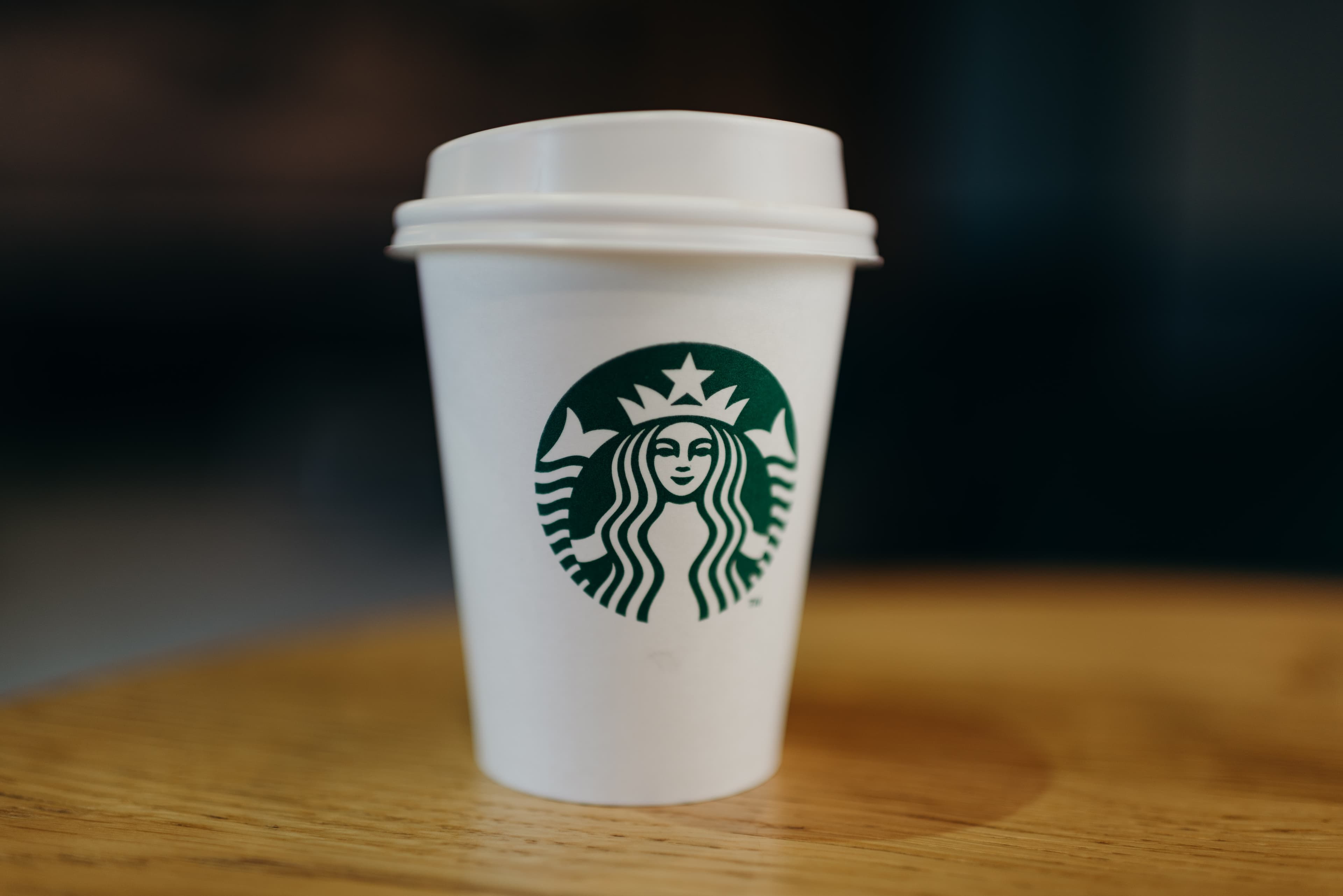During the trademark registration process, oppositions can be raised by any party that has a real and legitimate interest in the outcome of the mark's registration. The opposing side is typically an owner of an already registered mark, but consumer protection agencies, various interest groups, NGOs, geographical indications authorities and the general public can oppose the application as well.
In the US, there are two additional types of opposition tied to the two US-specific filing bases:
- In the case of use-in-commerce applications (1A), which are intended for marks that are already commercially active in the US, the opposition can be based on the lack of bona fide use in commerce. If a third party believes this to be the case, it has to provide supporting evidence.
- In the case of intent-to-use applications (1B), which should be filed with an intent to start using the trademark in commerce in the foreseeable future, a third party may oppose the trademark if they believe the application was not filed in good faith (but, i.e., to prevent others from applying or sell the trademark). Again, the opposer must show that the applicant did not have a bona fide intention to use the mark in commerce.






